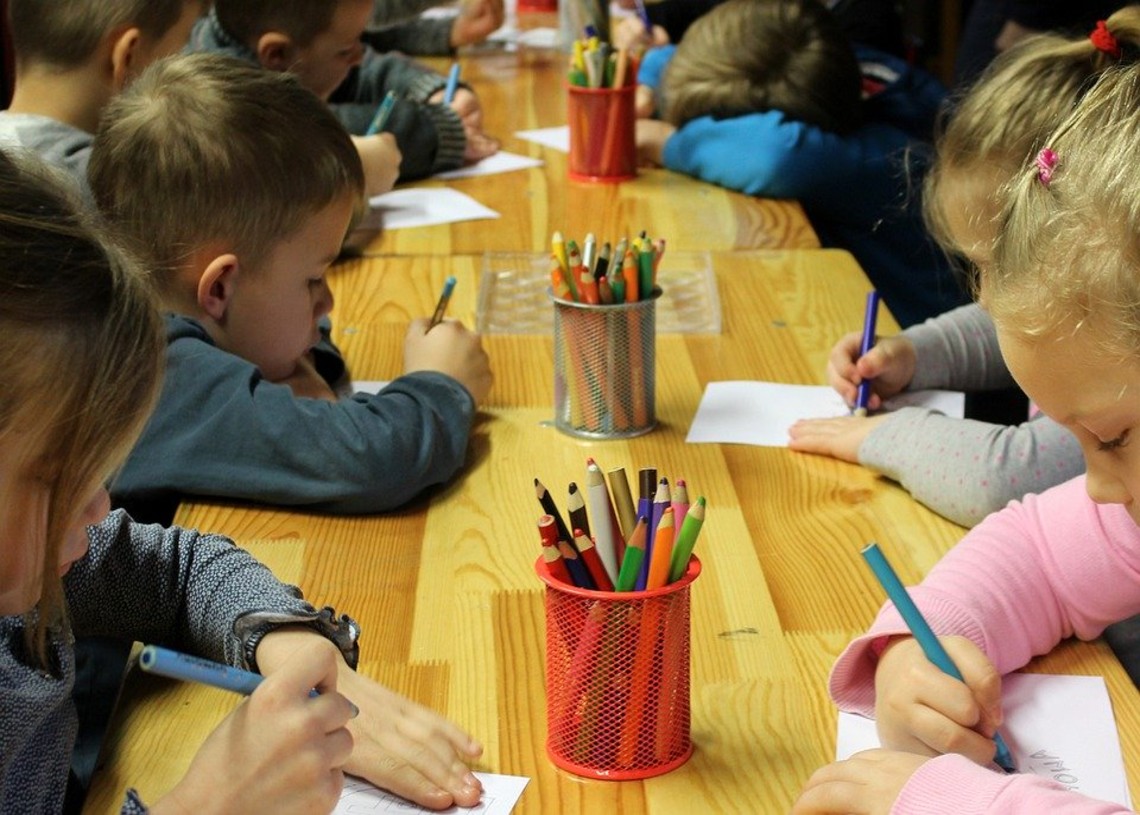The coronavirus pandemic has affected the achievement gap of students in Australia. A study showed that at least $1 billion was needed to help these students catch up with their peers.
For more than two months, schools across Australia had been locked up to curb the spread of coronavirus in the country. The disruption in education by the pandemic meant that schools had to come up with new solutions to ensure that students continued to learn during the lockdown. Online learning was the preferred alternative of face to face learning and was implemented across the country.
Fast forward to now, a major problem with online learning has become clear in Australia, not every student is able to access online learning platforms or have resources required to continue learning during the coronavirus pandemic period. This has resulted in a widened achievement gap across the country, several weeks after the country called for school closure.
Students in Australia impacted by the lockdown
Research by Grattan Institute, a think tank, modeled different outcomes of what the impact of the lockdowns will be for students in Australia. The research also ran an estimation of the amount it would take for these students to achieve the same level of learning as their counterparts who continued learning during the entire lockdown period.
They found that teachers reported that students from disadvantaged backgrounds were learning at a rate of 25 to 50 percent less content than their peers. The study also showed that this was a three-times growth on the level of the achievement gap between advantaged and disadvantaged students.
The study also showed that the achievement gap had widened by 7 points, which can be translated to 6 additional weeks for these students to catch up.
The report’s author, Grattan Institute School Education Fellow Julie Sonnemann, called on the government to invest at least $1 billion in additional classes to help these students catch up. She said this would be a great way to make inroads to areas where disadvantaged kids had been neglected.
Featured image by Pixabay







